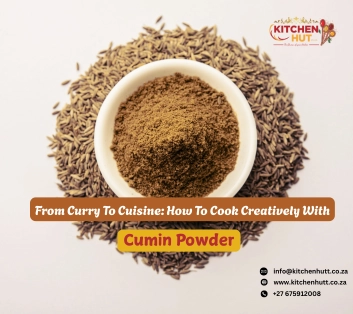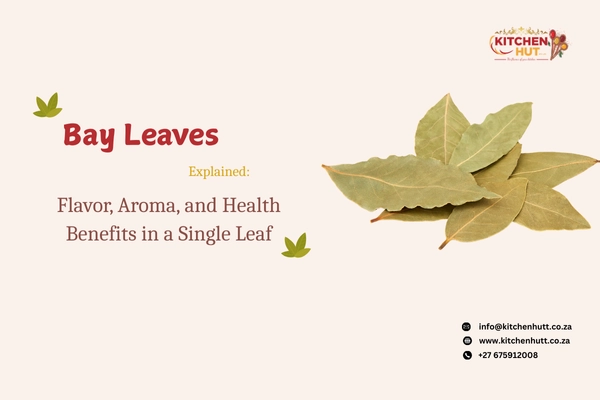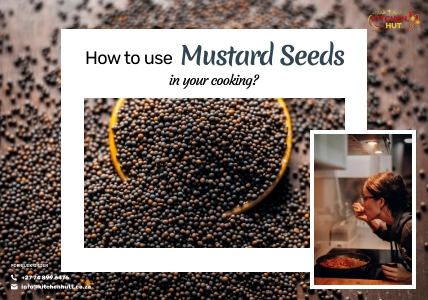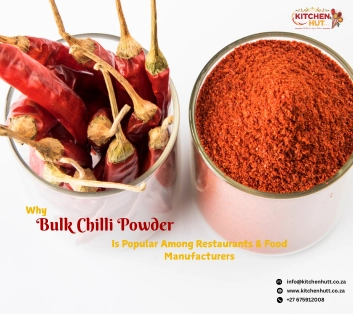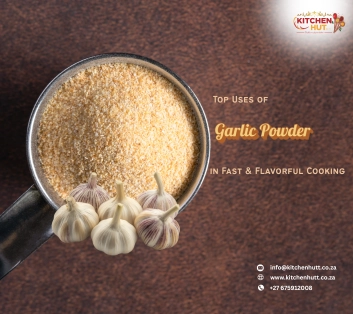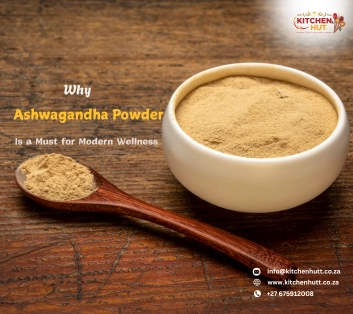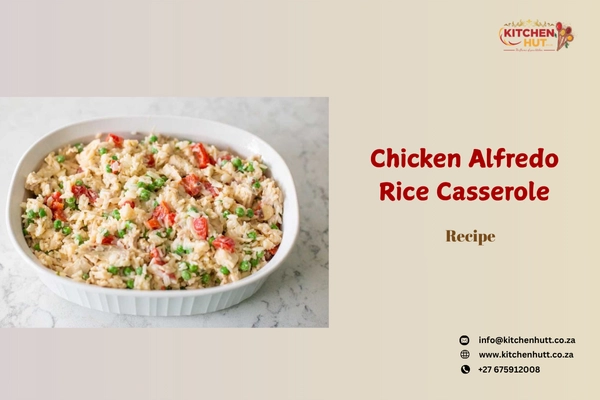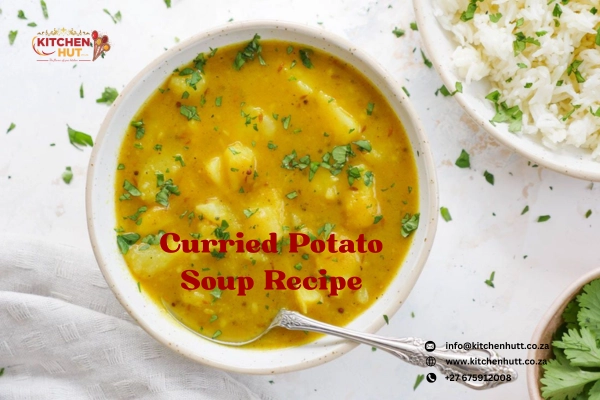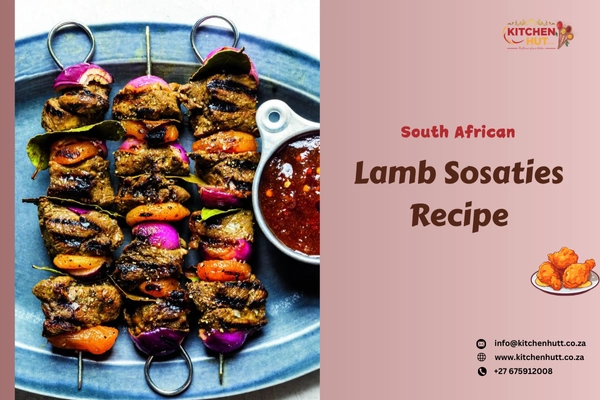Freshly Packed • Quality Assured • Reliable Delivery
Whole Mustard Seeds: The Bold Spice With Powerful Healing Traditions
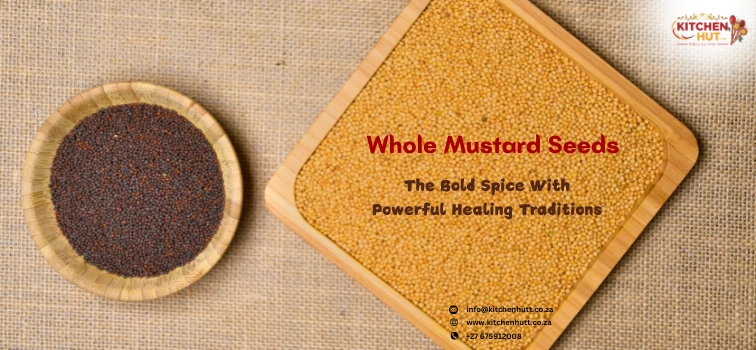
In the vast world of culinary spices, few are as bold and versatile as whole mustard seeds. Small in size but mighty in impact, these seeds have been treasured for centuries, not only for their punchy, peppery flavor but also for their exceptional healing qualities. From Ayurvedic remedies in India to ancient Greek medicinal texts, mustard seeds have been used across cultures for cooking and natural wellness.
In this article, we’ll explore what makes whole mustard seeds unique, how they’re used in kitchens worldwide, and the health benefits that have earned them a place in traditional medicine cabinets for generations.
What Are Whole Mustard Seeds?
Mustard seeds are small, round seeds derived from various species of mustard plants belonging to the Brassicaceae family. They are available in different types—yellow (or white), brown, and black—each offering a unique degree of spiciness and distinct flavor profile.
-
Yellow mustard seeds have a mild, slightly tangy taste and are commonly used in pickling and American-style mustards.
-
Brown and black mustard seeds deliver a sharper, spicier flavor and are commonly found in traditional Indian, African, and Asian dishes.
Whole mustard seeds are typically added to hot oil to unlock their flavor—a technique known as tempering, where they pop and release a warm, nutty aroma.
Culinary Uses: Flavor with Function
Whole mustard seeds are valued in cuisines around the world for their rich flavor and adaptable use in a variety of dishes. Unlike ground mustard or prepared mustard sauces, whole seeds provide other textures and aromas, making them ideal for certain dishes and methods.
Indian Cuisine
In Indian cooking, mustard seeds are used as a tempering spice, especially in dals, curries, chutneys, and vegetable stir-fries. Heating them in oil allows the seeds to crackle and infuse the oil with their flavor, providing the base for many traditional dishes.
Pickling & Preserving
Yellow mustard seeds are a classic component in pickling blends, adding flavor and preservative qualities to vegetables like cucumbers, carrots, and onions.
Sauces & Marinades
They are used to craft mustard-based sauces and marinades for meat, poultry, and seafood, contributing tanginess and a subtle heat that pairs well with vinegar and herbs.
Baking & Bread
Some traditional bread recipes, especially those from Central and Eastern Europe, include whole mustard seeds to add crunch and spice to the crust.
Ancient Remedy Meets Modern Wellness
Mustard seeds are not only culinary staples—they are also revered in various systems of traditional medicine. From Ayurveda and Traditional Chinese Medicine (TCM) to European folk remedies, mustard seeds have long been associated with health and healing.
1. Digestive Health
Mustard seeds are believed to stimulate digestive enzymes, supporting better metabolism and nutrient absorption. They’ve been used to relieve bloating, gas, and indigestion in natural therapies for centuries.
2. Cardiovascular Support
Rich in omega-3 fatty acids, selenium, and magnesium, mustard seeds contribute to heart health by supporting circulation, reducing inflammation, and regulating blood pressure.
3. Anti-Inflammatory Properties
The compound allyl isothiocyanate, which gives mustard its pungent aroma, is known for its anti-inflammatory and antimicrobial effects. It can help reduce internal inflammation and may contribute to the prevention of chronic diseases.
4. Respiratory Relief
Mustard seed poultices or compresses have traditionally been used to relieve chest congestion and sinus issues. Their warming effect helps loosen mucus and soothe coughs.
5. Muscle & Joint Pain
Topical mustard seed pastes have been used in various cultures to relieve muscle soreness, arthritis pain, and joint stiffness by increasing circulation and reducing inflammation.
Nutritional Snapshot
Mustard seeds are packed with nutrients despite their small size. Just a tablespoon contains:
-
Selenium – An antioxidant mineral that supports immune health and reduces inflammation
-
Omega-3 fatty acids – Known for heart and brain health
-
Magnesium – Supports muscle and nerve function
-
Fiber – Aids in digestion and cholesterol control
-
Iron, Zinc, and B-complex Vitamins – Essential for energy production and immunity
They are also low in calories, gluten-free, and suitable for most diet types, including keto, vegan, and paleo.
How to Use Whole Mustard Seeds in Everyday Cooking
If you’re new to using whole mustard seeds, here are some easy ways to incorporate them into your meals:
Tempering
Warm some oil in a pan and add mustard seeds, cooking them until they crackle and pop. Use this oil as a base for stir-fries, lentils, or rice dishes.
Homemade Mustard
Soak yellow mustard seeds in a mixture of vinegar, water, and salt, then blend until smooth to create a tangy, homemade mustard sauce.
Pickling
Add mustard seeds to brine solutions for pickled vegetables, giving them that signature sharp flavor.
Spice Blends
Grind roasted mustard seeds with other spices to make curry powders or masalas.
Flavor Boost
Toss a pinch of mustard seeds into salad dressings, marinades, or dips to enhance flavor and texture.
Storage Tips
To keep mustard seeds fresh and potent:
-
Store in a cool, dark place
-
Use airtight containers
-
Avoid exposure to moisture
-
When stored correctly, whole seeds can remain fresh and usable for up to two years.
If you grind them fresh, use the mustard powder within a few months for the best flavor.
Buying Guide: Choosing the Best Mustard Seeds
When purchasing mustard seeds, keep these tips in mind:
-
Choose seeds that are consistent in color and size, as this usually reflects superior quality.
-
Buy from a trusted spice supplier like KitchenHut (Pty) Ltd to ensure purity and freshness
-
Check for aroma. Fresh seeds should have a slightly nutty, sharp smell
-
Purchasing in bulk is ideal for regular users, retailers, and food production businesses.
Conclusion
Whole mustard seeds are a bold and powerful spice that brings much more than heat. With a rich history rooted in healing and cultural tradition, they bridge the gap between food and medicine. Whether you're looking to spice up your cooking or explore natural remedies, mustard seeds deserve a permanent place in your pantry.
Their flavor versatility, nutritional value, and healing properties make them truly exceptional in the world of spices.
So go ahead — try tempering your next dish with mustard seeds, blend them into your mustard, or add them to your pickling mix. You’ll not only be honoring centuries of culinary tradition, but also tapping into a time-tested tool for health and flavor.
Note: We are only providing information, not a suggestion. Please consult your doctor before using it.






